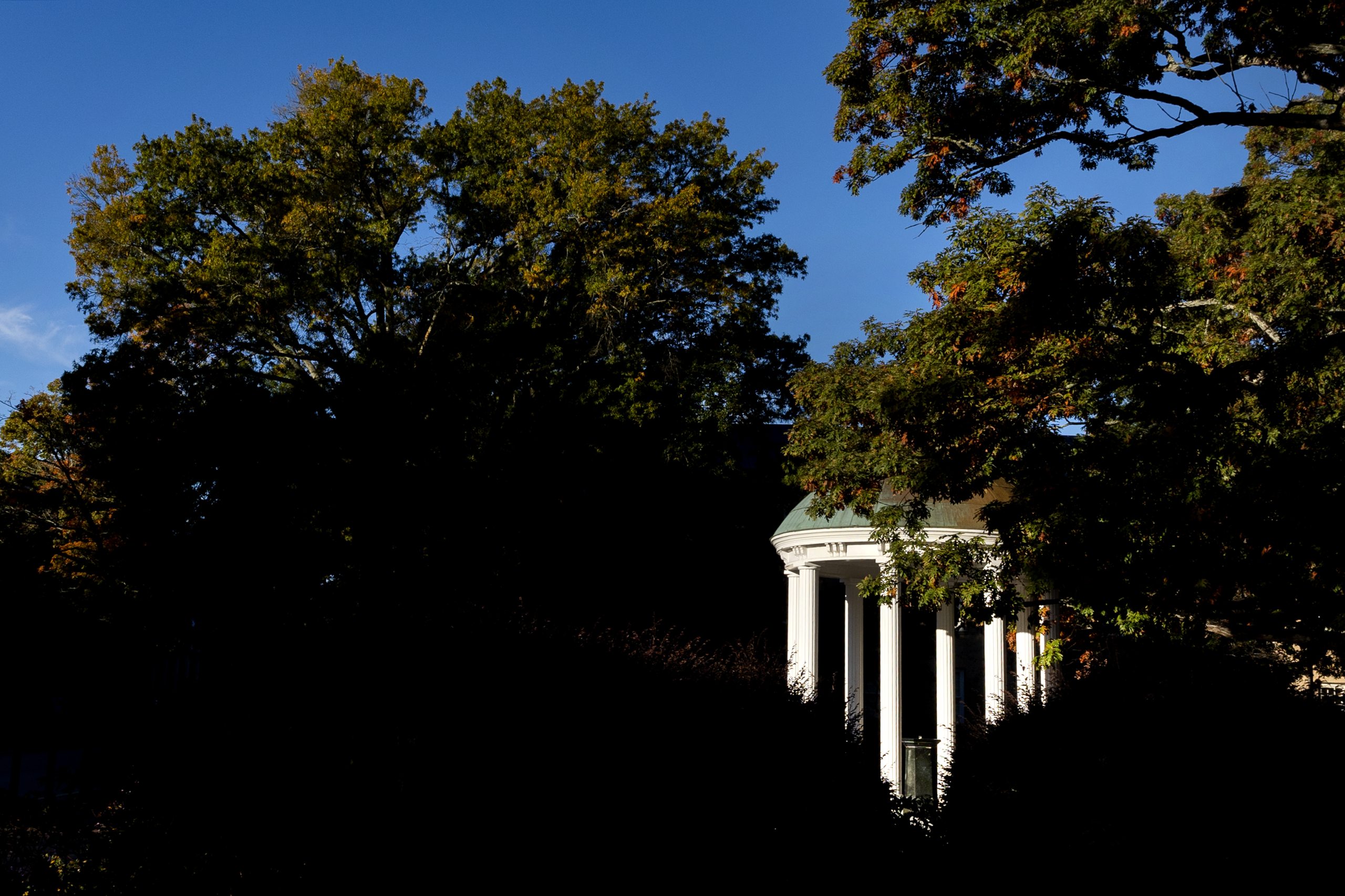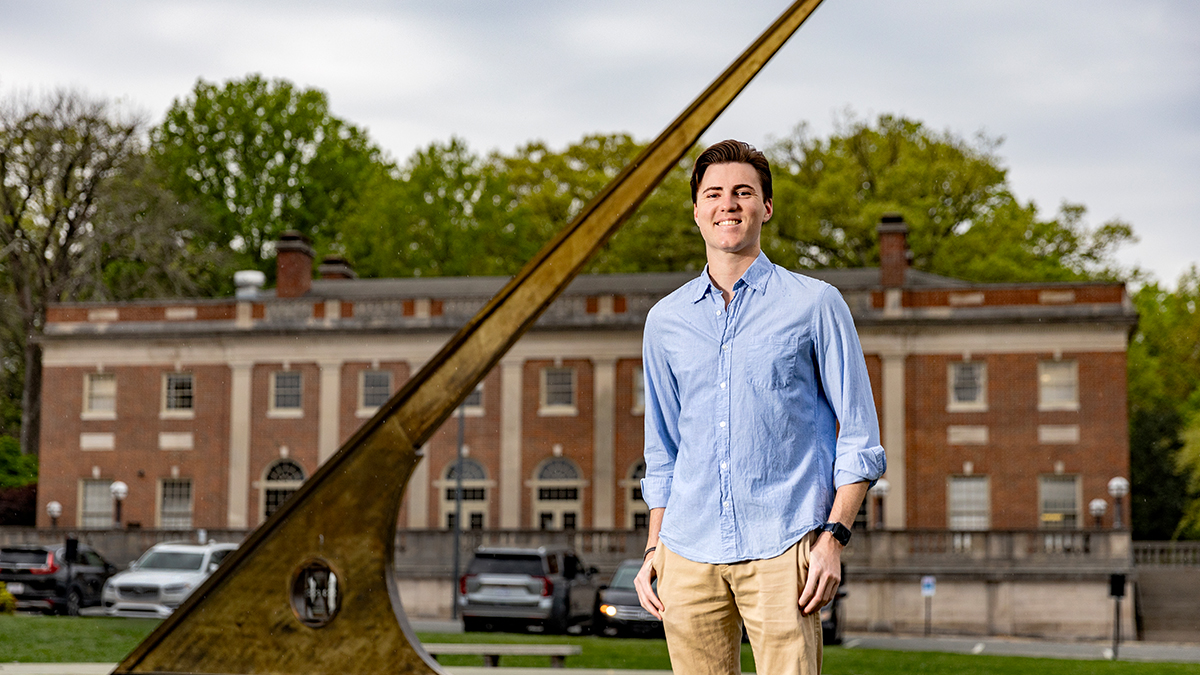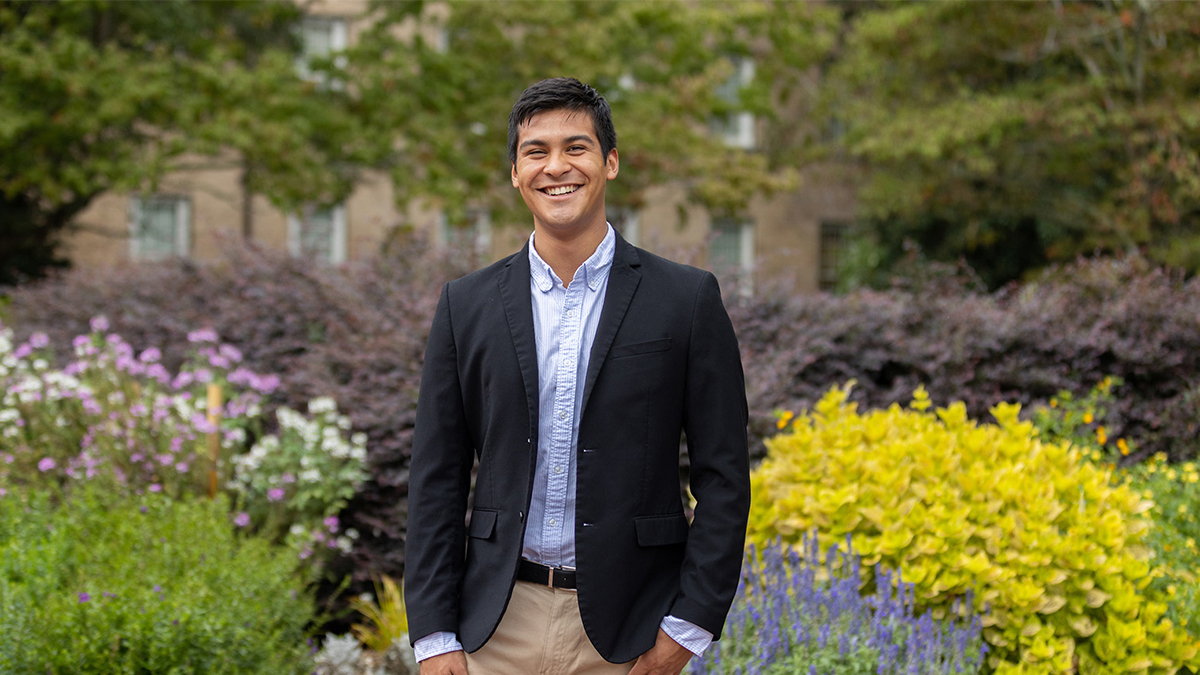University defends admissions process in court
Carolina goes to court this week to defend itself in a multi-year lawsuit challenging its ability to admit and educate a diverse community of students.

This week, the University goes to court to defend itself in a multi-year lawsuit challenging its admissions process.
The plaintiff, Students for Fair Admissions Inc., is challenging the constitutionality of Carolina’s lawful admissions process and the 40-plus-year U.S. Supreme Court precedent the University follows that permits race to be one factor among many considered to admit academically qualified students.
A private group founded by Texas businessman Edward Blum, SFFA filed a federal lawsuit in 2014 naming UNC-Chapel Hill, the UNC System and the UNC Board of Governors as part of a national strategy to end any use of race in college admissions. A bench (no jury) trial starts Nov. 9 with a ruling not expected before 2021.
SFFA also filed lawsuits against Harvard University and the University of Texas at Austin. SFFA appealed a ruling in Harvard’s favor and twice sued UT-Austin after similar claims failed at the U.S. Supreme Court.
“The facts are clear: Carolina follows the law when we admit each class of outstanding undergraduate students,” Chancellor Kevin M. Guskiewicz wrote in a campus message about the lawsuit on Nov. 6. “The University does not use quotas or formulas, and we do not discriminate against any applicant or group in the admissions process. We evaluate each student in a deliberate and compassionate way, appreciating individual strengths, talents and contributions to the incoming class and our educational environment. We consider a multitude of factors including a candidate’s academic performance, test scores, class rank, essays and experiences. We also may consider race or ethnicity — as one factor among many — but only if a student chooses to share that information.”
The University follows U.S. Supreme Court guidance to create a community where students from all backgrounds can excel and thrive, University officials said. Carolina is among the few public flagship universities to practice need-blind admissions and provide low-debt, full-need student aid.
The Office of Admissions recruits students to apply from different backgrounds, including underrepresented minorities, low income, first-generation college and those from geographically diverse areas through college fairs, high school visits and community events that cover all 100 North Carolina counties. Since 2003, the University has implemented several race-neutral strategies to enhance diversity opportunities for students. Those include admission fee waivers and nationally recognized programs such as the Carolina Covenant, Carolina Student Transfer Excellence Program and Carolina College Advising Corps.
The applicant pool is highly competitive. During the fall semester, Carolina welcomed 4,444 students — the largest first-year class ever — from 44,379 applications. A 1986 UNC System policy mandates that 82% of first-year students attending UNC campuses must be North Carolina residents.
Nearly 30 companies hiring UNC graduates — including Cisco Systems, Cummins Inc., General Motors Inc., GlaxoSmithKline, United Airlines and others — filed a brief supporting the University’s position that a global economy requires employees who can collaborate with others from different backgrounds, according to a University website providing information about the lawsuit. The amicus brief says diminished racial and ethnic diversity at UNC-Chapel Hill “would have grave long-term consequences for businesses in North Carolina and beyond. The consequences will be especially significant for businesses in the STEM field.”
“As a faculty member over the past 25 years, I know that every student rightfully earned their place at Carolina,” Guskiewicz wrote. “We welcome these students to a community that is committed to pursuing the educational benefits of diversity as a core part of our educational mission. As our faculty has recognized, a diverse student body is vital to fostering academic excellence, helping to broaden understanding among people of all backgrounds, spurring innovation and preparing engaged citizens and future leaders.”
Learn more about Carolina’s position in the lawsuit at its admissions lawsuitwebsite. Due to the pending litigation, the University is limited in what it can say about the trial.







